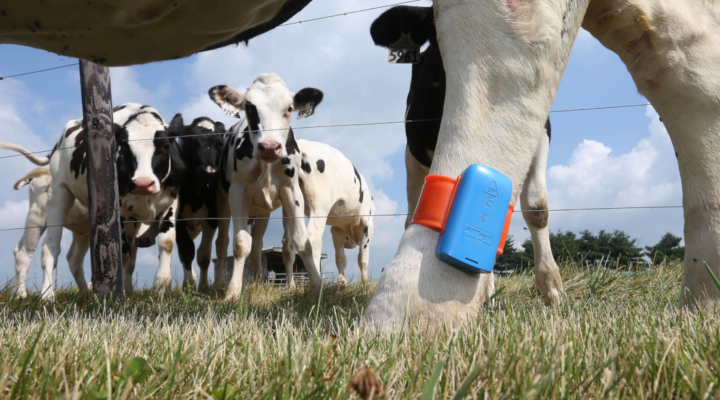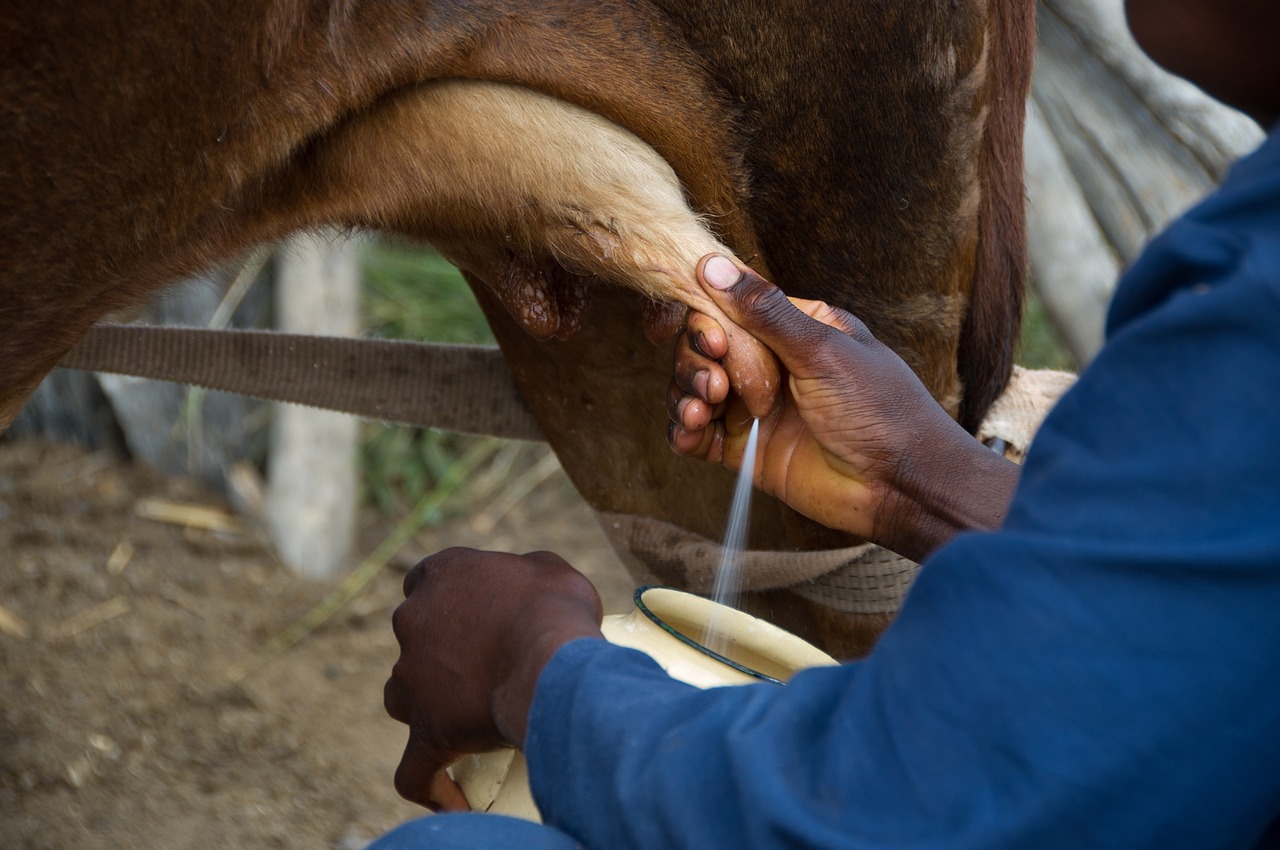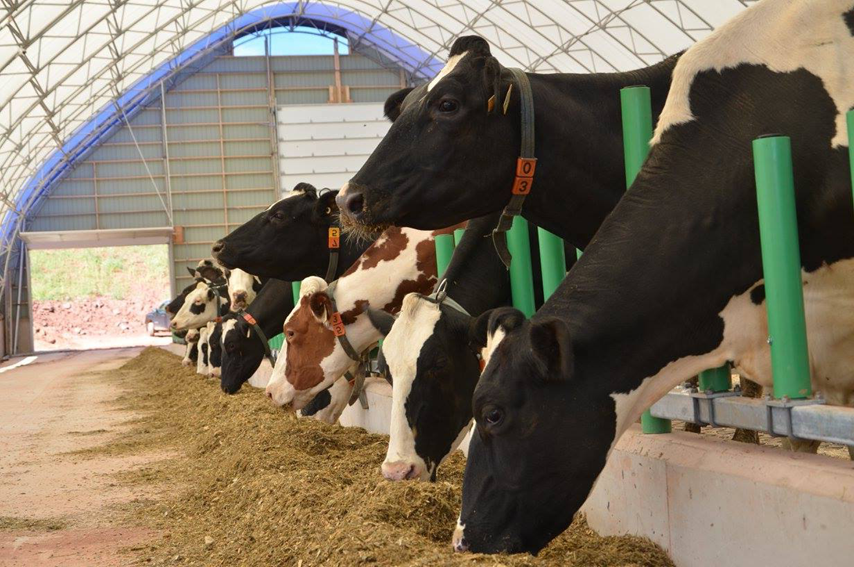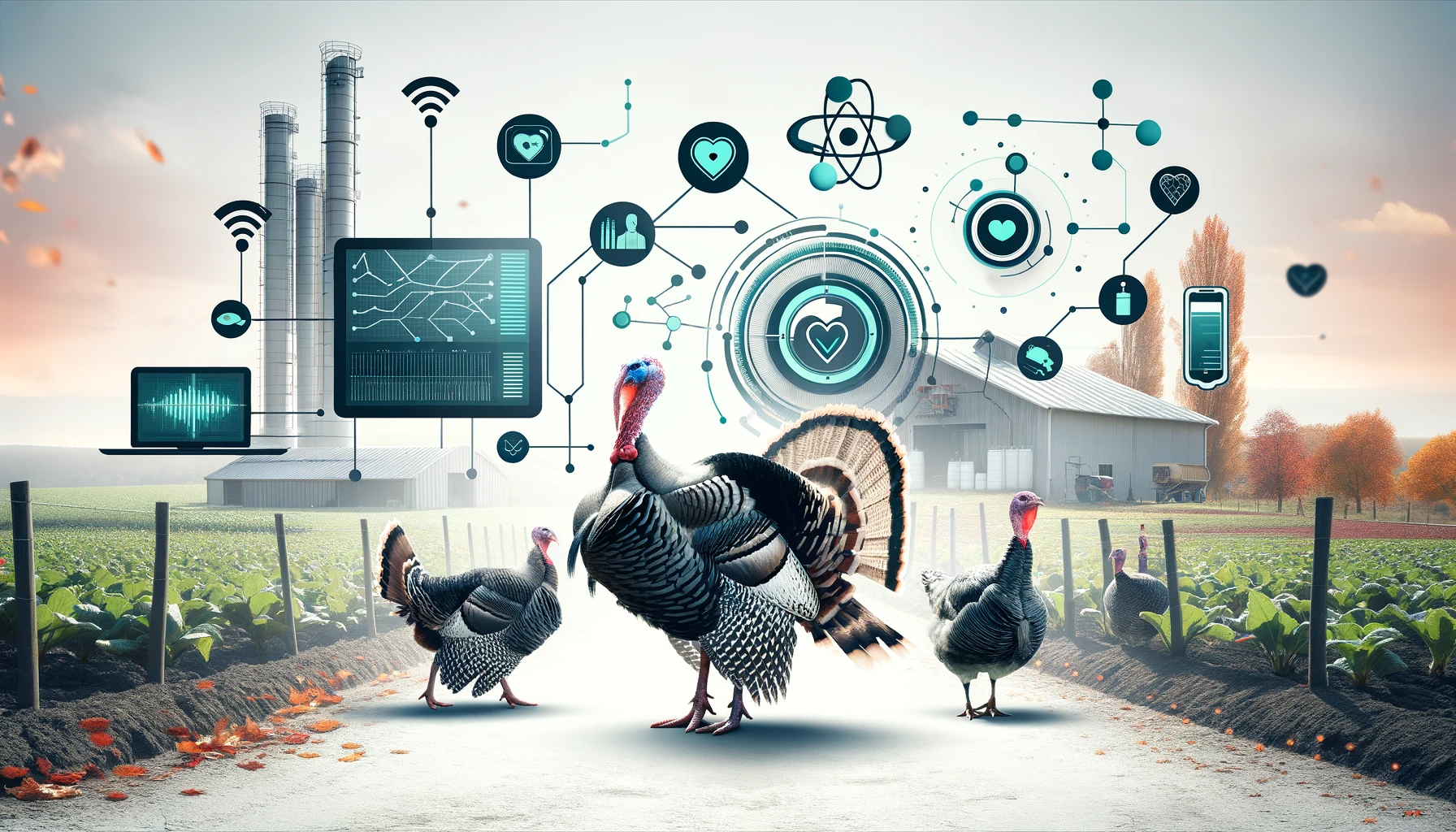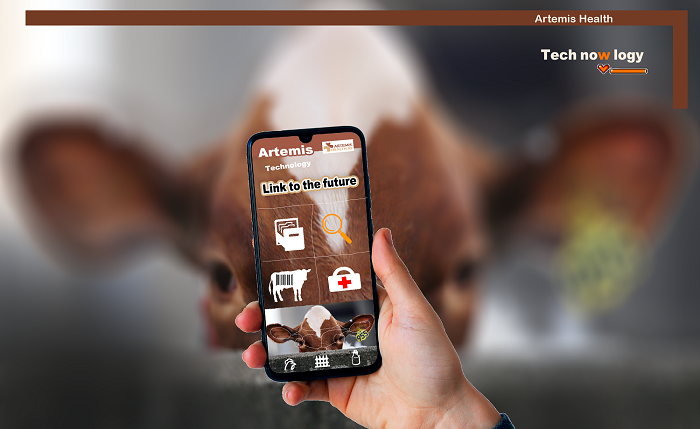Livestock agriculture is a critical sector that supports global food production and sustains rural economies. However, the industry faces challenges such as optimizing productivity, ensuring animal welfare, and reducing environmental impact. In recent years, advancements in technology have provided promising solutions to address these challenges. This paper explores the latest developments in livestock and technology, including precision farming, automation, data analytics, genetic advancements, and sustainable practices. By embracing these innovations, the livestock industry can achieve improved efficiency, sustainability, and animal welfare while meeting the demands of a growing population.
Introduction
Livestock agriculture has witnessed remarkable changes over the years, driven by the need to balance production efficiency with environmental sustainability. Technology has emerged as a catalyst in this transformation, offering innovative tools and techniques to enhance livestock management. This paper aims to explore the intersection of livestock and technology, highlighting the significant advancements and their potential impact on the industry.
Precision Livestock Farming
Precision Livestock Farming (PLF) leverages sensors, data analytics, and automation to monitor individual animals and optimize their well-being. Wearable devices equipped with biosensors provide real-time data on vital signs, behavior patterns, and feeding habits. This information, combined with advanced analytics, enables early detection of diseases, precise nutrition management, and personalized animal care, improving overall herd health and performance.
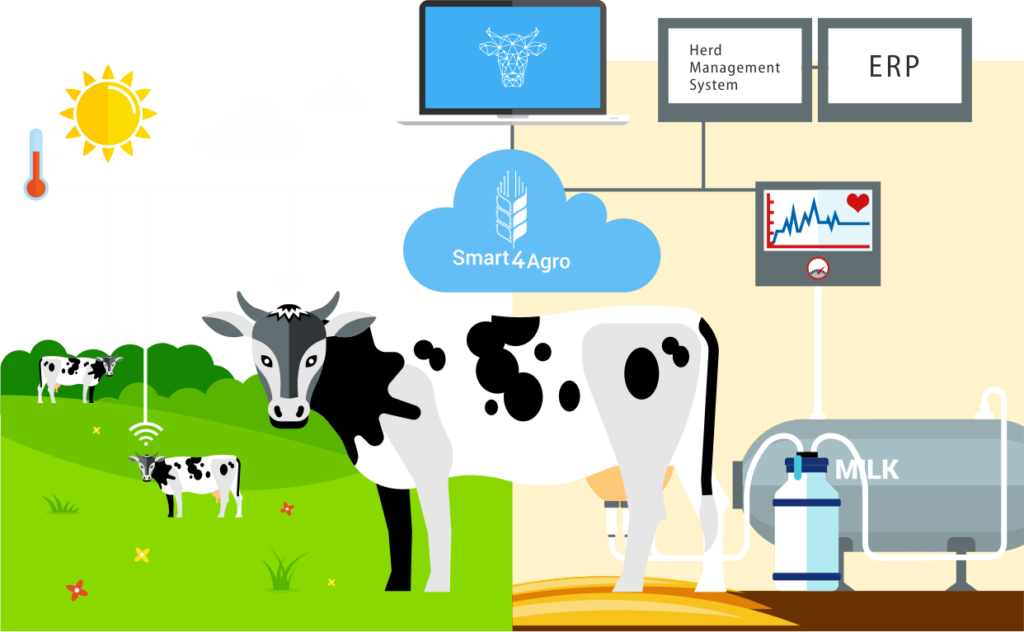
Automation and Robotics
Automation technologies are revolutionizing various aspects of livestock farming, enhancing operational efficiency and reducing labor-intensive tasks. Automated feeding systems, robotic milkers, and autonomous cleaning devices streamline daily routines, minimize human error, and ensure consistent animal care. Additionally, drones and autonomous vehicles aid in monitoring and managing extensive grazing areas, optimizing pasture utilization, and enhancing land and resource management.
Data Analytics and Artificial Intelligence
The abundance of data generated by modern livestock operations presents immense opportunities for data analytics and artificial intelligence (AI) applications. Advanced analytics tools can process and analyze data on animal genetics, health records, environmental conditions, and market trends. AI algorithms can identify patterns, make predictions, and provide actionable insights, supporting informed decision-making in areas such as breeding programs, disease management, and supply chain optimization.
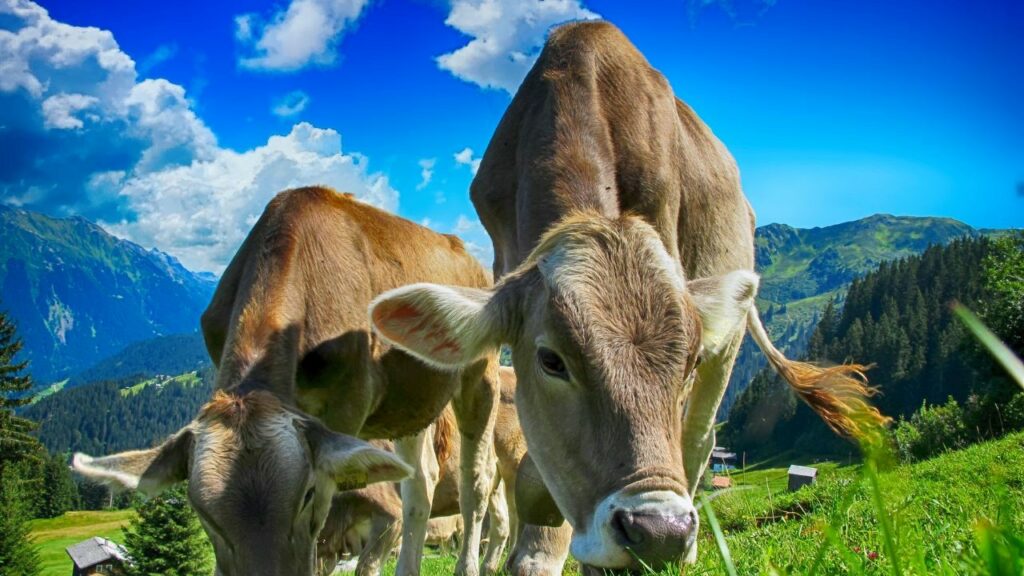
Genetic Advancements
Advancements in genetic technologies, such as genomic selection and gene editing, are transforming livestock breeding and genetic improvement programs. Genomic selection enables the identification of animals with superior genetic traits at an early stage, enhancing breeding efficiency and accelerating genetic progress. Gene editing techniques offer the potential to introduce precise genetic modifications, such as disease resistance or improved feed efficiency, thereby contributing to more resilient and sustainable livestock populations.
Sustainable Practices and Environmental Solutions
Addressing environmental concerns is a priority in livestock agriculture, and technology plays a crucial role in developing sustainable solutions. Innovations in waste management, such as anaerobic digestion and composting, help convert animal waste into valuable resources while reducing greenhouse gas emissions. Smart irrigation systems, precision nutrient management, and predictive modeling optimize resource utilization, minimizing the ecological footprint of livestock operations.
Conclusion
The integration of technology into livestock agriculture holds immense promise for driving positive change in the industry. Precision farming, automation, data analytics, genetic advancements, and sustainable practices are reshaping the way farmers manage their livestock, leading to increased efficiency, improved animal welfare, and reduced environmental impact. Embracing these technological innovations, along with appropriate regulations and ethical considerations, will foster a more sustainable and resilient livestock sector, capable of meeting the growing demands for high-quality food while safeguarding the planet’s resources. Continued research, collaboration, and knowledge exchange between stakeholders are essential to realizing the full potential of technology in transforming livestock agriculture.

